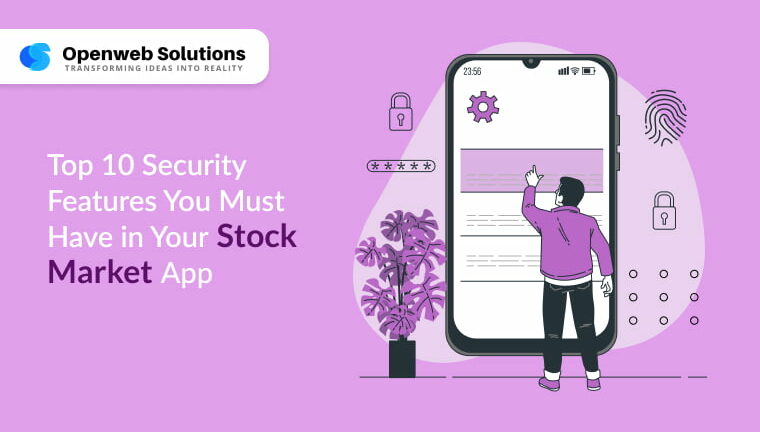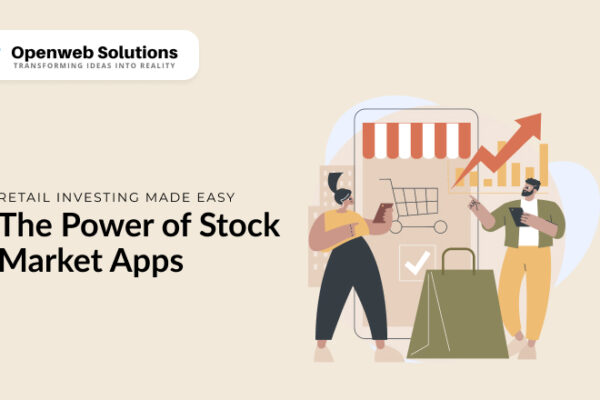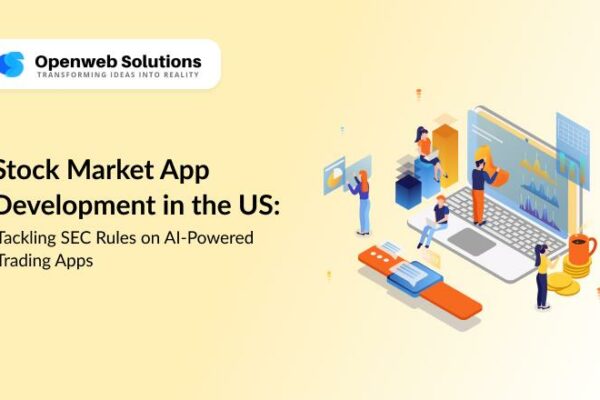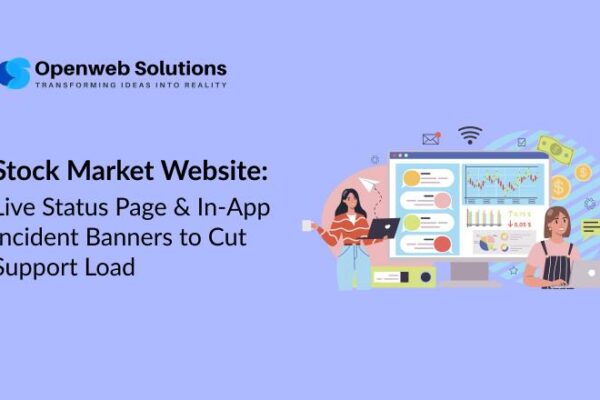Investment apps have become increasingly popular among investors who want quick access to real-time market data, portfolio management tools, and trading capabilities. However, with the rise in cyber threats and data breaches, ensuring the security of these apps has become paramount. To safeguard users’ sensitive financial information and maintain their trust, it’s essential to integrate robust security features into any stock market app. Here are the top 10 essential security features you should consider.
10 Essential Security Features
1. Two-Factor Authentication (2FA)
Introducing two-factor authentication enhances security measures by mandating users to furnish two types of identification before gaining access to their accounts. This could involve entering a password and then confirming their identity through a code sent to their mobile device or email.
2. Secure Socket Layer (SSL) Encryption
SSL encryption protects data transmitted between the app and its servers by encrypting it, making it unreadable to anyone intercepting the communication. This ensures that sensitive information, such as login credentials and financial transactions, remains secure.
3. Biometric Authentication
Leveraging biometric authentication methods such as fingerprint or facial recognition adds an additional level of security and convenience for users. By verifying their unique biometric traits, users can securely access their accounts without the need for traditional passwords.
4. Secure Backend Infrastructure
Investing in robust Stock Market Software Development is crucial for building a secure backend infrastructure. This includes implementing strong firewalls, intrusion detection systems, and regular security audits to detect and mitigate any potential vulnerabilities.
5. Multi-layered Data Encryption
In addition to SSL encryption, sensitive data stored within the app’s databases should be encrypted using advanced encryption algorithms. This ensures that even if the data is compromised, it remains unreadable without the decryption keys.
6. Real-time Fraud Detection
Integrating real-time fraud detection algorithms can help identify and prevent suspicious activities, such as unauthorized access attempts or fraudulent transactions before they cause any harm. These algorithms analyze user behaviour patterns and flag any anomalies for further investigation.
7. Regular Security Updates
While you plan for Stock Market Software Development, forget not to keep the latest security patches and updates. This is essential for addressing newly discovered vulnerabilities and strengthening its defences against emerging threats. Regularly updating both the app and its underlying software components helps mitigate the risk of exploitation by cyber attackers.
8. Role-based Access Control
Implementing role-based access control ensures that users only have access to the features and functionalities relevant to their roles or permissions. This helps prevent unauthorized access to sensitive information and limits the potential impact of security breaches.
9. Secure Payment Gateways:
If your stock market app facilitates financial transactions or allows users to link their bank accounts, it’s crucial to integrate secure payment gateways that comply with industry standards such as PCI DSS (Payment Card Industry Data Security Standard). This ensures that payment information is transmitted and stored securely.
10. User Education and Awareness
Educating users about the importance of cybersecurity and best practices for safeguarding their accounts can significantly reduce the risk of security incidents. Providing tips on creating strong passwords, avoiding phishing scams, and enabling security features like 2FA can empower users to take proactive steps in protecting their financial assets.
Winding up
Prioritizing security in Stock Market App Development or Stock Market Website Development is essential for safeguarding users’ sensitive financial information and maintaining their trust. By integrating the above-mentioned security features and adopting a proactive approach to cybersecurity, you can create a robust and secure platform that meets the evolving needs of today’s investors. Remember, investing in security today will pay dividends in the form of user trust and loyalty tomorrow.
The FAQ’s
FAQ’s
FAQ 1. Why is two-factor authentication (2FA) important for a stock market app?
Two-factor authentication adds an extra layer of security by requiring users to provide two forms of identification before accessing their accounts. This helps prevent unauthorized access even if passwords are compromised, enhancing overall account security.
FAQ 2. How does biometric authentication enhance security in a stock market app?
Biometric authentication, such as fingerprint or facial recognition, verifies users’ unique biometric traits, offering a more secure and convenient way to access accounts. This reduces reliance on traditional passwords, which can be vulnerable to theft or hacking.
FAQ 3. How does regular security updating mitigate risks in a stock market app?
Regular security updates are crucial for addressing newly discovered vulnerabilities and strengthening defences against emerging threats. By keeping both the app and its underlying software components up to date, the risk of exploitation by cyber attackers is significantly reduced.
FAQ 4. What role does user education play in enhancing security for stock market apps?
User education is essential for empowering users to take proactive steps in protecting their financial assets. Educating users about cybersecurity best practices, such as creating strong passwords and recognizing phishing scams, can significantly reduce the risk of security incidents.
FAQ 5. Why is it important for a stock market app to integrate secure payment gateways?
Integrating secure payment gateways ensures that financial transactions are conducted safely and securely. Compliance with industry standards such as PCI DSS helps protect payment information during transmission and storage, safeguarding users’ sensitive financial data from unauthorized access or theft.
Partha Ghosh is the Digital Marketing Strategist and Team Lead at PiTangent Analytics and Technology Solutions. He partners with product and sales to grow organic demand and brand trust. A 3X Salesforce certified Marketing Cloud Administrator and Pardot Specialist, Partha is an automation expert who turns strategy into simple repeatable programs. His focus areas include thought leadership, team management, branding, project management, and data-driven marketing. For strategic discussions on go-to-market, automation at scale, and organic growth, connect with Partha on LinkedIn.






